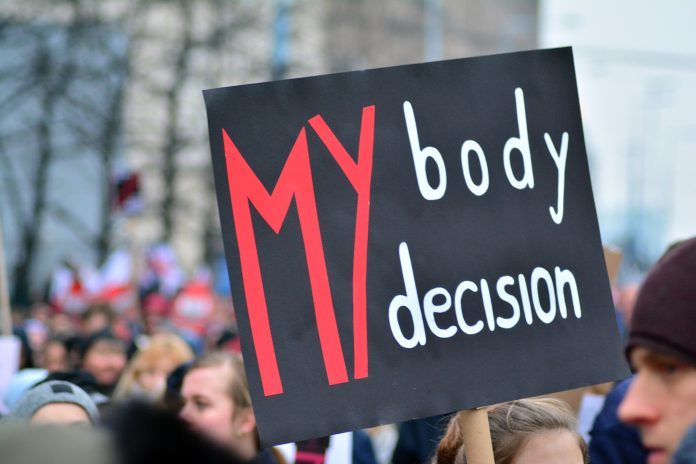Today (11 April 2019) there was a ruling by South Korea’s Constitutional Court that told the government to decriminalise abortion in the country and reform abortion laws by 2020
In a long-awaited moment catalysed by one female doctor, women in South Korea finally receive knowledge of impending ability to make decisions about their pregnancies without criminal consequences.
South Korea’s abortion law
Today’s judgment by the Constitutional Court followed a challenge by a doctor who has been prosecuted for carrying out abortions. The ruling requires that the National Assembly must reform the law by 31 December 2020.
In a statement by the court on this successful ruling, it commented:
“The abortion ban limits women’s rights to pursue their own destinies, and violates their rights to health by limiting their access to safe and timely procedures.”
“Embryos completely depend on the mother’s body for their survival and development, so it cannot be concluded that they are separate, independent living beings entitled to rights to life.”
The current law criminalises abortions, and only allows for exceptions in cases of rape, incest, severe genetic disorders, specific diseases or if a woman’s or girl’s health is endangered by the pregnancy. In these limited instances, abortions must be performed within the first 24 weeks of pregnancy and are subject to spousal consent.
Women who terminate a pregnancy can face fines of up to 2 million won (£1,414) or one year in jail. Medical professionals who assist with abortions can face prison terms of up to two years if convicted.
The mega-churches of South Korea have an evangelical ideology, echoing the religious anti-abortion rhetoric coming to the fore today to similar campaigns in the USA by those who want to stop abortion.
Roseann Rife, Amnesty International’s East Asia Research Director commented:
“Today’s ruling is a major step forward for the human rights of women and girls in South Korea.
“We urge the government to swiftly reform the Criminal Act and ensure access to safe and legal abortion services. The highly restrictive and punitive laws must change so that the health of women, girls and others who can become pregnant is no longer put at risk for fear they or the medical professionals that help them could be punished.
“Abortions will always happen, regardless of the law. This judgment means that they should be carried out safely and legally, and that women and girls are treated with compassion and respect for their human rights and their reproductive autonomy. Their dignity must be front and centre in any new legal framework on abortion.”
Here is a video taken by the BBC correspondent of scenes outside the courthouse:
BREAKING: South Korea’s Constitutional Court has just ruled that criminalising abortion is unconstitutional. pic.twitter.com/G6T1SXUIbu
— Raphael Rashid (@koryodynasty) April 11, 2019
Ruling to pressure UK to reform Nothern Ireland law?
Today’s ruling puts the spotlight on the situation in the UK, where women in Northern Ireland continue to be subject to one of the most restrictive abortion laws in the world – only able to access the service when the woman’s life is at risk and punishable by life in prison.
Grainne Teggart, Amnesty International’s Northern Ireland Campaign Manager, said:
“In Northern Ireland we had everything crossed for women in South Korea. We’re fighting the same fight, and this historic win brings hope to us here.
“Today’s judgment is a stark reminder of the UK Government’s neglect of women in Northern Ireland who are isolated and suffering under a cruel abortion regime where prosecutions are a reality. The UK is slipping further and further behind on women’s rights.
“This ruling must jolt the government into action on reforming Northern Ireland’s near total abortion ban.”





![Europe’s housing crisis: A fundamental social right under pressure Run-down appartment building in southeast Europe set before a moody evening sky. High dynamic range photo. Please see my related collections... [url=search/lightbox/7431206][img]http://i161.photobucket.com/albums/t218/dave9296/Lightbox_Vetta.jpg[/img][/url]](https://www.openaccessgovernment.org/wp-content/uploads/2025/04/iStock-108309610-218x150.jpg)





